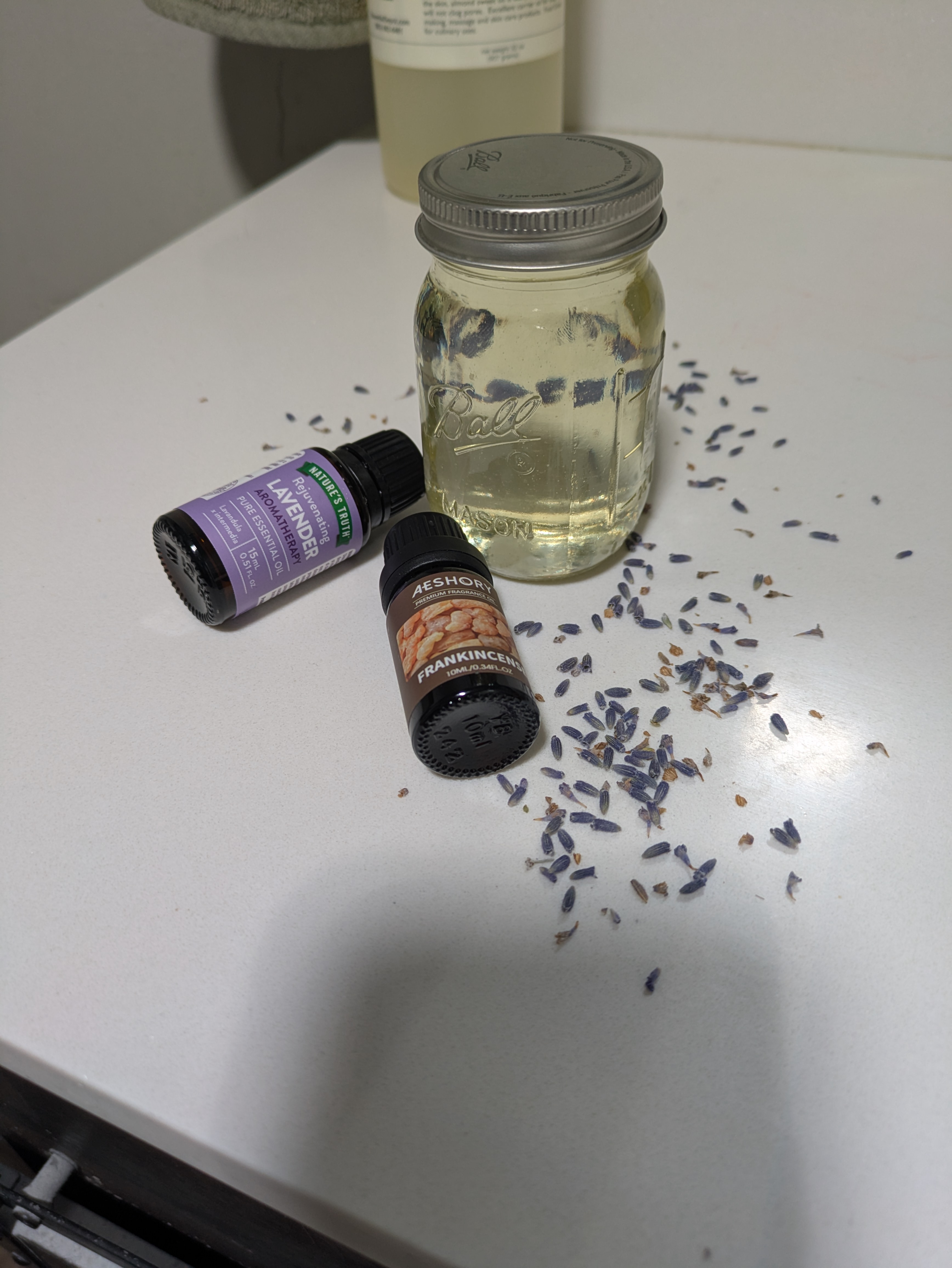How Winter Weather Affects Your Skin and How to Protect It
- Naturally Oily

- Oct 8, 2025
- 4 min read
Updated: Oct 30, 2025
As winter settles in, many of us relish the cozy nights by the fire, sipping hot cocoa, and enjoying snowy landscapes. Yet, while we appreciate this seasonal beauty, our skin often feels the impact. The cold, dry air can cause dryness, irritation, and other skin issues. In this post, we will explore how winter weather affects your skin and offer practical tips to safeguard it.
The Impact of Cold Weather on Your Skin
When the temperature drops, humidity levels also fall. This lack of moisture often causes dry skin, a common issue during winter. Cold air can strip natural oils from your skin, leading to tight, flaky, and uncomfortable sensations. According to a survey by the American Academy of Dermatology, approximately 40% of people experience dry skin during the colder months.
Harsh winds can make matters worse, resulting in chapping and irritation. Areas of the body like the face, hands, and lips are especially vulnerable, as they frequently face the elements without adequate protection. For example, research shows that 60% of people report experiencing lip chapping in winter if they do not apply lip balm regularly.
Understanding Dry Skin
Dry skin happens when the skin loses its ability to retain moisture. Several factors contribute to this condition, including age, environmental conditions, and underlying skin issues. In the winter months, a combination of cold air and indoor heating can drastically reduce skin hydration levels.
Common symptoms of dry skin include:
Itching
Redness
Flaking or peeling
Cracks or fissures
Ignoring dry skin can lead to serious conditions like eczema or dermatitis. Taking proactive measures is vital to maintain skin health during the chilly months.
The Role of Indoor Heating
While indoor heating keeps us warm, it also contributes to skin dryness. Central heating can significantly reduce indoor humidity levels, creating a drier atmosphere. In fact, heated indoor spaces can have humidity levels drop to below 20%, far lower than the ideal range of 30-50% for skin health.
To counteract this, consider using a humidifier in your home. This simple device can help maintain moisture levels in the air, making it easier for your skin to stay hydrated. Additionally, limit the time spent in hot showers or baths. Although inviting, hot water can strip your skin of natural oils and worsen dryness.
Essential Skincare Tips for Winter
Understanding how winter weather affects our skin is essential, but applying the right skincare tips is even more critical.
1. Switch to a Richer Moisturizer
As winter arrives, switch from lightweight moisturizers to richer, more emollient formulas. Look for products containing hyaluronic acid, glycerin, or ceramides. These ingredients help lock in moisture and protect your skin. For instance, a good moisturizer can improve skin hydration by up to 50%, giving you more supple skin during the frigid months.
2. Don’t Forget Sunscreen
UV rays still pose risks in winter. Snow can reflect up to 80% of UV rays, increasing your exposure even on cold days. Apply a broad-spectrum sunscreen with at least SPF 30 every day, regardless of the weather outside. On the slopes, or even during a winter walk, this step is vital for protecting your skin.
3. Hydrate from Within
Keeping hydrated is critical for skin health. In winter, it’s easy to forget to drink water, especially when you’re not sweating as much. Aim for at least eight glasses (about 2 liters) of water daily. Proper hydration can enhance your skin's elasticity and appearance by up to 20%.
4. Protect Your Lips
Chapped lips are a common winter annoyance. To prevent this, use a nourishing lip balm containing beeswax or shea butter. Reapply it often, especially after eating or drinking, to maintain soft, smooth lips. A good lip balm can effectively reduce dry, chapped lips by 70%.
5. Exfoliate Gently
Removing dead skin cells is important, but be cautious with winter exfoliation. Choose gentle exfoliants, and limit your routine to once a week to avoid irritation. Over-exfoliating can lead to more significant dryness and discomfort.
The Importance of a Healthy Diet
Your diet plays a vital role in your skin’s health. Including foods rich in omega-3 fatty acids, antioxidants, and vitamins can support skin hydration and repair. For example, fatty fish like salmon, nuts, seeds, and colorful fruits and vegetables can improve your skin's resilience during winter while providing essential nutrients.
When to Seek Professional Help
If persistent dryness, redness, or irritation continues despite your best efforts, it may be time to consult a dermatologist. They can offer personalized recommendations and treatments to address specific skin concerns effectively.
Embracing Winter with Healthy Skin
Winter weather brings unique challenges for your skin, but with the right knowledge and proactive measures, you can enjoy this season without sacrificing skin health. By understanding the impacts of cold air, indoor heating, and maintaining a solid skincare routine, you can effectively combat dryness and irritation.
Remember to switch to richer moisturizers, protect your skin from the sun, and stay well-hydrated. With these strategies at your fingertips, you can embrace the beauty of winter while keeping your skin healthy and radiant.





Comments